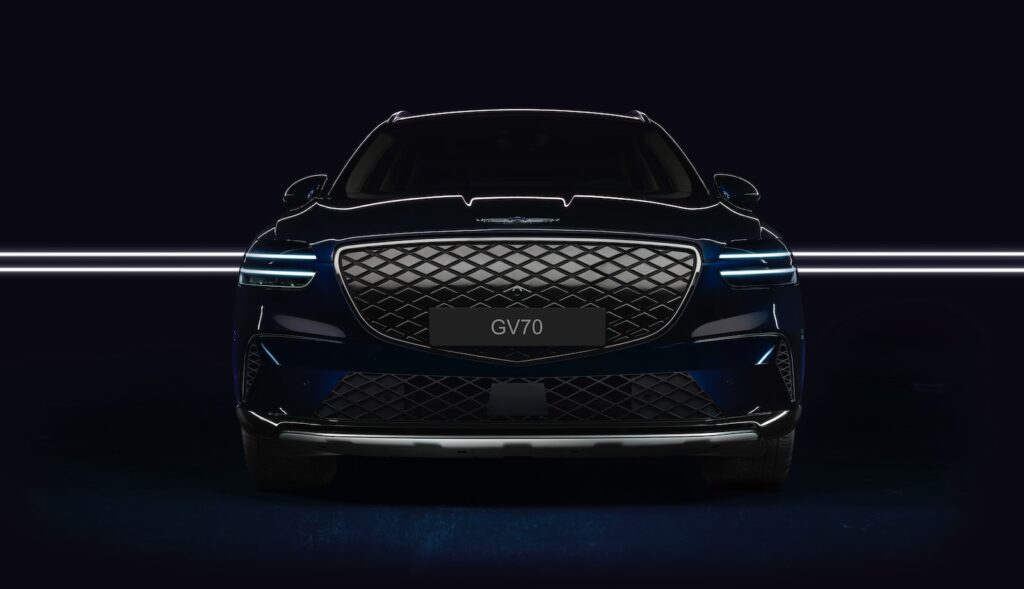EV battery leases could be a boon for manufacturers, but a bust for consumers
As electric vehicles become more popular, one of the key questions is how to finance the batteries that power them. Some manufacturers are turning to lease programs, which could be a boon for businesses but a bust for consumers.
What are EV battery leases?
EV battery leases are a relatively new concept in the world of electric vehicles. Essentially, they allow consumers to lease a battery pack for their EV instead of buying one outright. This can be a great option for those who don’t want to make a large up-front investment in an electric vehicle, or for those who want to take advantage of the latest battery technology without having to replace their entire car.
However, there are some potential downsides to EV battery leases. For one, they may end up costing more in the long run than if you had purchased a battery outright. Additionally, if you decide to lease a battery pack and then later want to purchase an electric vehicle with a different type of battery pack, you may not be able to do so without incurring significant costs.
Overall, EV battery leases could be a boon for manufacturers by helping to increase demand for electric vehicles. However, they could be a bust for consumers if they don’t carefully consider all of the potential costs and implications before signing on the dotted line.
How do EV battery leases work?
Electric vehicle (EV) battery leases could be a great way for manufacturers to get customers to switch to EVs, but they could also end up being a bad deal for consumers. Here’s a look at how EV battery leases work and what they could mean for consumers.
EV battery leases work like this: customers pay a monthly fee to lease the battery that powers their EV. The lease terms can vary, but most last for around three years. At the end of the lease, customers can either purchase the battery for its remaining value or return it to the manufacturer.
The advantages of EV battery leases for manufacturers are clear. They provide a way for manufacturers to get customers to switch to EVs without having to worry about them returning the vehicles after just a few years. And, because customers are paying monthly fees, manufacturers can spread the cost of developing and producing EV batteries over time.
But there are also some potential drawbacks for consumers. First, if EV batteries degrade faster than expected, customers could be stuck with expensive batteries that need to be replaced sooner than they thought. Second, if EV adoption rates don’t increase as hoped, customers could be left paying high monthly fees for batteries that aren’t worth much on the
Why is EV battery leases a good thing for manufacturers?
There are a few reasons why EV battery leases could be a good thing for manufacturers. First, it could help them to sell more cars. If people are worried about the cost of batteries, leasing might make them more likely to buy an EV. Second, it could help manufacturers to get feedback about how the batteries perform over time. This information could be used to improve battery technology and make EVs more appealing to consumers.
Why is EV battery leases a bad thing for consumers?
There are a few reasons why EV battery leases could be a bad thing for consumers. First, the monthly payments on the lease could be quite high, especially if the battery needs to be regularly replaced. Second, if the battery fails and needs to be replaced, the consumer may have to pay for the replacement out of pocket. Third, if the battery lease is not paid on time, the consumer may have to pay a penalty fee. Finally, if the consumer decides to cancel the lease early, they may have to pay a cancellation fee.
Are there any other benefits or drawbacks to EV battery leases?
There are a few other potential benefits and drawbacks to EV battery leases. One benefit is that it could help to even out the demand for batteries since manufacturers would have a steadier stream of income from leases. This could help to keep prices down for consumers. However, one potential drawback is that if batteries do become cheaper over time, as many experts expect, then consumers who lease their batteries could end up paying more than they would have if they had bought the battery outright.
Conclusion
EV battery leases could be a great opportunity for manufacturers to get a leg up in the market, but they could be a bust for consumers. If you’re thinking of leasing an EV battery, make sure you do your research and weigh the pros and cons carefully before making a decision.

